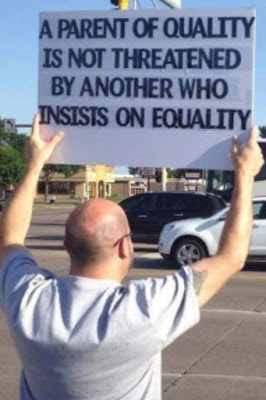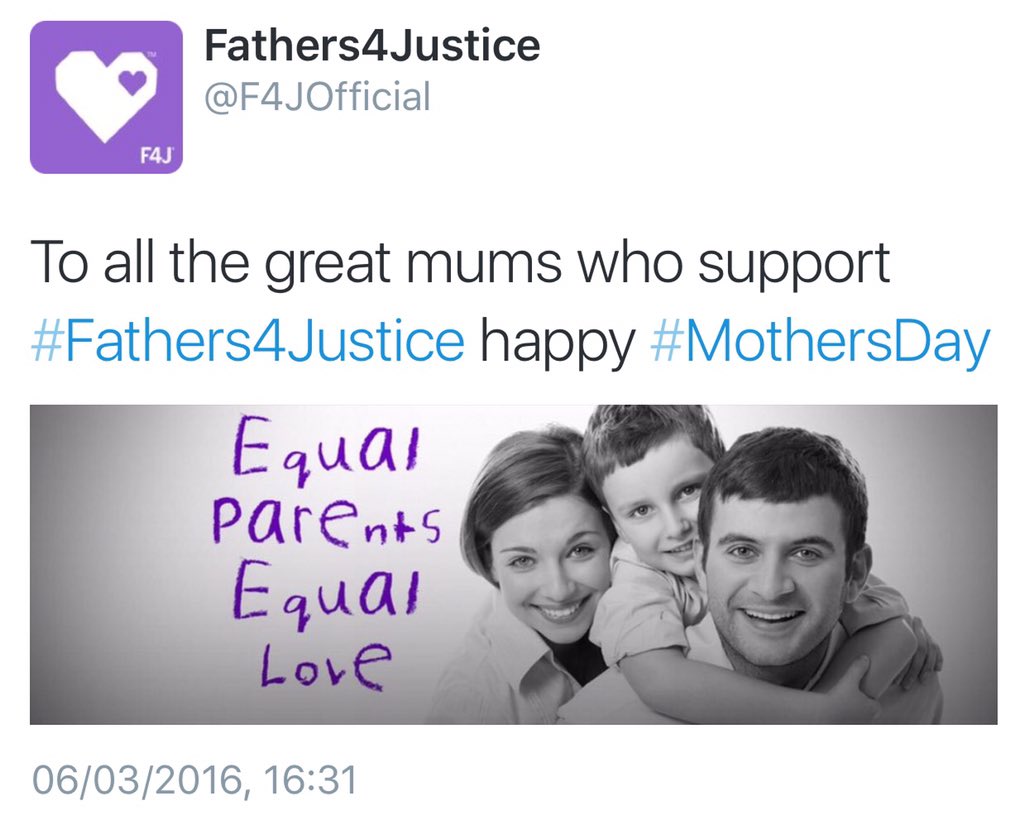SOCIETY
Ignoring an Inequality Culprit: Single-Parent Families
 Intellectuals fretting about income disparity are oddly silent regarding the decline of the two-parent family.
Intellectuals fretting about income disparity are oddly silent regarding the decline of the two-parent family.
An excerpt from this article:
Suppose a scientific conference on cancer prevention never addressed smoking, on the grounds that in a free society you can’t change private behavior, and anyway, maybe the statistical relationships between smoking and cancer are really caused by some other third variable. Wouldn’t some suspect that the scientists who raised these claims were driven by something—ideology, tobacco money—other than science?
Yet in the current discussions about increased inequality, few researchers, fewer reporters, and no one in the executive branch of government directly addresses what seems to be the strongest statistical correlate of inequality in the United States: the rise of single-parent families during the past half century.
The two-parent family has declined rapidly in recent decades. In 1960, more than 76% of African-Americans and nearly 97% of whites were born to married couples. Today the percentage is 30% for blacks and 70% for whites. The out-of-wedlock birthrate for Hispanics surpassed 50% in 2006. This trend, coupled with high divorce rates, means that roughly 25% of American children now live in single-parent homes, twice the percentage in Europe (12%). Roughly a third of American children live apart from their fathers.
Does it matter? Yes, it does. From economist Susan Mayer’s 1997 book “What Money Can’t Buy” to Charles Murray’s “Coming Apart” in 2012, clear-eyed studies of the modern family affirm the conventional wisdom that two parents work better than one.
“Americans have always thought that growing up with only one parent is bad for children,” Ms. Mayer wrote. “The rapid spread of single-parent families over the past generation does not seem to have altered this consensus much.”
In an essay for the Institute for Family Studies last December, called “Even for Rich Kids, Marriage Matters,” University of Virginia sociologist W. Bradford Wilcox reported that children in high-income households who experienced family breakups don’t fare as well emotionally, psychologically, educationally or, in the end, economically as their two-parent-family peers.
Abuse, behavioral problems and psychological issues of all kinds, such as developmental behavior problems or concentration issues, are less common for children of married couples than for cohabiting or single parents, according to a 2003 Centers for Disease Control study of children’s health. The causal pathways are about as clear as those from smoking to cancer.
More than 20% of children in single-parent families live in poverty long-term, compared with 2% of those raised in two-parent families, according to education-policy analyst Mitch Pearlstein’s 2011 book “From Family Collapse to America’s Decline.” The poverty rate would be 25% lower if today’s family structure resembled that of 1970, according to the 2009 report “Creating an Opportunity Society” from Brookings Institution analysts Ron Haskins and Isabel Sawhill. A 2006 article in the journal Demography by Penn State sociologist Molly Martin estimates that 41% of the economic inequality created between 1976-2000 was the result of changed family structure.
Earlier this year, a team of researchers led by Harvard economist Raj Chetty reported that communities with a high percentage of single-parent families are less likely to experience upward mobility. The researchers’ report—”Where Is the Land of Opportunity?”—received considerable media attention. Yet mainstream news outlets tended to ignore the study’s message about family structure, focusing instead on variables with far less statistical impact, such as residential segregation.
In the past four years, our two academic professional organizations—the American Political Science Association and the American Educational Research Association—have each dedicated annual meetings to inequality, with numerous papers and speeches denouncing free markets, the decline of unions, and “neoliberalism” generally as exacerbating economic inequality. Yet our searches of the groups’ conference websites fail to turn up a single paper or panel addressing the effects of family change on inequality.
Why isn’t this matter at the center of policy discussions?





















 Why Scottish fathers deserve shared parenting. By Matt O’Connor
Why Scottish fathers deserve shared parenting. By Matt O’Connor




















